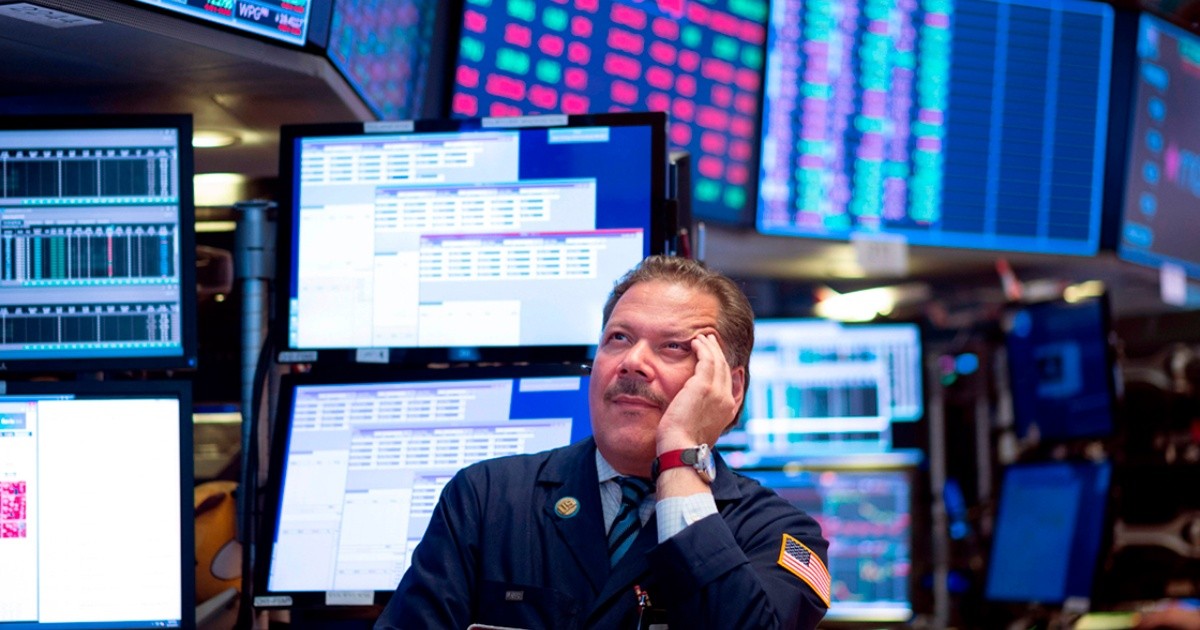wall street It ended the session lower on Thursday, closing out a gloomy month and quarter at the end of the S&P 500’s worst first half in more than half a century.
The three main US stock market indices closed the month of June and the second quarter with losses, and the S&P 500 It posted its biggest first-half percentage drop since 1970.
The nasdaq recorded the largest percentage drop in its history between January and June, while the dow jones suffered its biggest percentage drop for a first half since 1962.
The S&P 500 lost 33.45 points, or 0.88%, to end at 3,785.38 points, while the Nasdaq Composite dropped 149.15 points, or 1.33%, to 11,028.74 points. The Dow Jones Industrial Average fell 253.88 points, or 0.82%, to 30,775.43 points.
Of the 11 major sectors in the S&P 500, energy is the only one to show a gain so far this year, helped by the rebound in crude oil prices on supply concerns due to the conflict between Russia and Ukraine.
The three indices chained their second consecutive quarterly fall. The last time this happened was in 2015 for the S&P and the Dow, and in 2016 for the Nasdaq.
2022 started with a Increase in Covid-19 cases due to the Omicron variantthen came the Russian invasion of Ukrainethe highest inflation in decades and the aggressive rises in interest rates by the Federal Reserve, which have fueled fears of a recession.
“The whole year has been a tug-of-war between inflation and slowing growth, balancing tightening financial conditions to deal with inflation concerns, but trying to avoid outright panic,” said Paul Kim, director Simplify ETFs executive.
I think it is more than likely that we are already in a recession and right now the only question is how hard the recession will be… I think it is very unlikely that we will see a soft landing,” Kim added.
Economic data released on Thursday did little to allay those fears. Disposable income fell, consumer spending slowed, inflation remained high, and jobless claims increased.
“We’ve started to see a slowdown in consumer spending,” said Oliver Pursche, senior vice president at Wealthspire Advisors. “And it seems that inflation is taking its toll on the average consumer and that translates into corporate profits, which is ultimately what drives the stock market.”
















